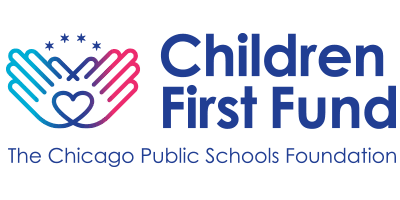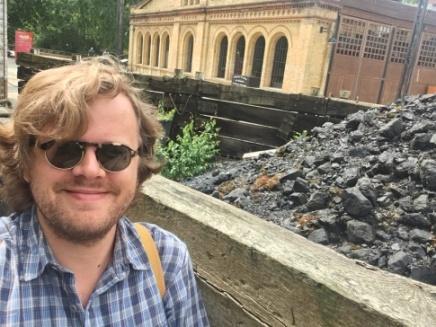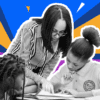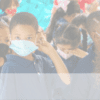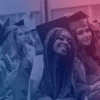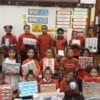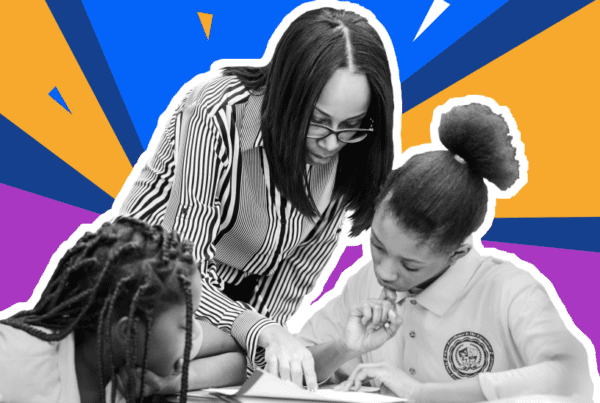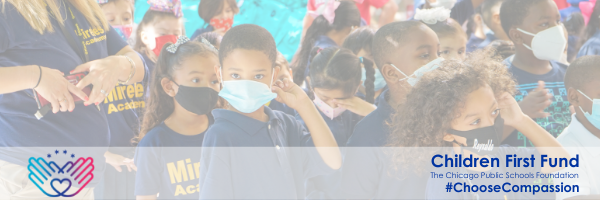The Gwendolyn Brooks College Preparatory Academy science teacher is developing a unique climate-literacy program.
by the Chicago Foundation for Education
When Chicago Public Schools and the Children First Fund celebrate our most successful partner-supported programs, we often focus on the big picture—how many schools adopted the program, how many scholarships were awarded, dollar-value of resources contributed, etc. While those statistics are important, they don’t always show the personal impact of the investments. CFF Case Studies provide a more intimate look at how a partnership or program affects CPS students and teachers.
This Case Study, looking at a recipient of the Fund for Teachers fellowship, was provided by our partners at the Chicago Foundation for Education, who awarded more than 500 grants and fellowships to CPS teachers in 2018 alone.
Fund for Teachers (FFT), one of the nation’s largest investors in teacher learning and leadership, offers PreK–12th-grade teachers from across the country the opportunity for self-designed fellowships to support student success, enrich their practice, and strengthen their schools and communities.
For Will Reed, a science teacher at Gwendolyn Brooks College Preparatory Academy on Chicago’s far south side, the FFT Fellowship experience was a game changer.
“I feel more committed than ever to teaching young people; implementing innovative ways to help my students learn to love science, analysis, and design; and imparting a global perspective.” Explained Mr. Reed after returning from Denmark, Germany, and the Netherlands this summer. “I also feel much closer to the excitement-filled learning experience that I hope to give my students than I have in years, and am more confident in my skill set and knowledge base.”
Mr. Reed was awarded an FFT Fellowship to research strategies for adaptation to and mitigation of climate change in Northern Europe in order to develop a problem-based learning unit that facilitates climate literacy and empowers students to understand and solve global problems through a local context.
With the program Mr. Reed developed, his students present their designs for a less greenhouse-gas-emitting, more resilient Chicago at a public showcase competition at their school. Community judges give honors to the best projects and acknowledgments to all participating students.
While abroad, Mr. Reed says he gained a deeper understanding of climate change science, activism, politics, and education, both internationally and in terms of climate-related work happening in Chicago. He better understands the history of global energy use and its relation to climate change. Furthermore, he says his fellowship afforded him much more familiarity with the ever-growing set of media and educational resources related to climate change.
